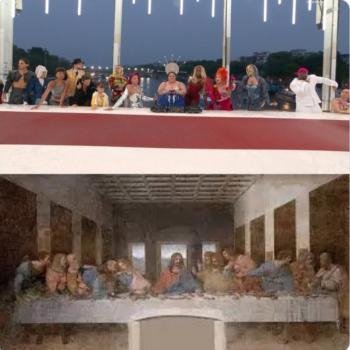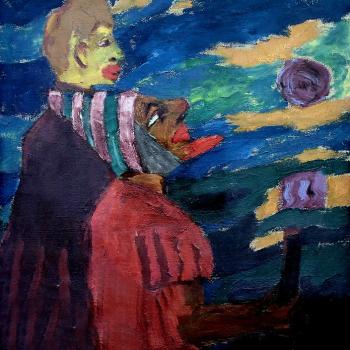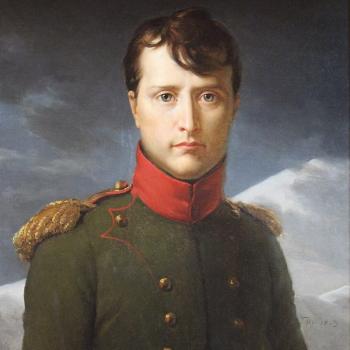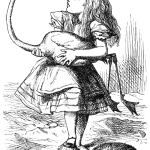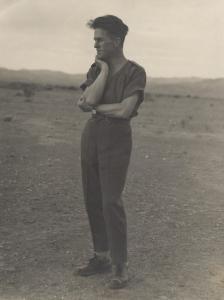
Source: Wikimedia
License
It’s a common movie-lover’s mistake, or I hope it is, to put off seeing certain great films. They’re simply too grand, too loaded down with Significance and History. The corollary to that fear is that we’re always wrong. As best I can tell, that drowsy anxiety is a surefire indicator that the movie, once watched, will blow you away. I have just had this experience with David Lean’s masterpiece, Lawrence of Arabia (1962).
There’s no point in reviewing it. Lean made the movie when my father was a teenager. It’s universally beloved. That’s the point. It’s so well regarded, balanced atop such a mammoth pedestal, that it puts Simeon the Stylite to shame.
All I can do is confess—confess that I stayed away from Lawrence for another reason: I assumed it would be tawdry British propaganda. Well made, of course, and realized with beauty and mastery but a hack-job in service of cold-blooded imperium. I was wrong. I was about as wrong as can be.
Having seen Lawrence in a theater, I felt reduced to nothing by the scale of the enterprise. We often say that setting is a character. In Lawrence, the desert is the movie. More than once, I was unsure whether some sand, whipped around the barren landscape, was a diegetic mirage, a trick of my own eyes, or some act of divine retribution within the film. Lean is so patient, so willing to let the landscape dwarf everything, to consume and transform the characters, that I can’t find the words to do more than describe his accomplishment. He doesn’t create a world; he forces a reappraisal of our own.
And then there’s Lawrence himself (Peter O’Toole). Here, I feared we’d have a patriotic soldier, a perfect second son of the nobility set out to the colonies for adventure. In Lawrence, I expected to find the sort of man that brought tears to Rudyard Kipling’s eyes, a bloke in a pith helmet who skinned natives for fun. O’Toole’s Lawrence is deranged. He looks like a Lars von Trier protagonist, an eccentric-cum-psychopath made half and whole by the blazing desert sun. Lawrence rots before us, a man consumed by empire, made a legend through the destruction of his soul. Lawrence has more to do with recent riots in jolly old England than we’d like to admit.
It seems, unfortunately, that I’ve ended up rendering something like a review here. Oh well, where nothing has been written, I suppose someone has to get to writing.






